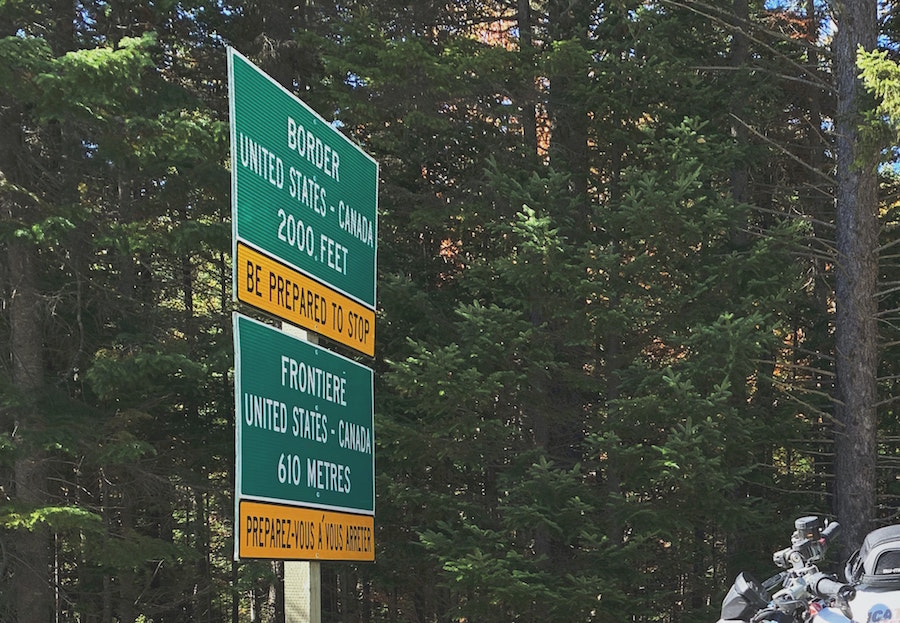What Should Government Border Officials Have Access To, And When Does It Get Too Much?
When you go to the border, the government can access this set of information for national security.
- Your name
- Date of birth
- Citizenship
- Address
- Mode of travel
- Purpose of travel
- Value of goods purchased abroad
Allowing access to this type of information is quite standard and necessary to keep countries safe.
Computers analyze passage records to identify individuals who have unusual travel habits. On subsequent journeys, customs authorities and law enforcement personnel may target these individuals for closer inspection.
If you’re stopped for a secondary inspection or search, further information will be gathered and entered into the database. This includes the following:
- The reason for the additional screening
- The results of any search
- The border official’s interview notes
- Details of any action taken
- The names of your travel companions.
We need to develop ways to enable the equal application of new technologies, such as facial recognition and fingerprint verification, across disparities in gender, age, mobility, and ethnicity, to promote the security of all travellers.
Studies from the Canadian Bar Association, the federal government, and the UN General Assembly show that these new automated AI systems can draw racist and sexist judgments, and this has far-reaching consequences in immigration scenarios. The European Union’s recently cancelled pilot project iBorderCRTL demonstrated this. A court case was filed after the AI-powered lie detector deployed at the border was extensively criticized for discriminating against people of colour, women, children, and individuals with impairments.
It’s understandable why the government wants to put these technologies in place to ensure that anyone entering the country will not put Canadians in danger. But there is a fine line between protecting the public and maintaining privacy rights and constitutional protections
Meanwhile, the CBSA works with little transparency and no effective review procedures, ostensibly for national security and border control reasons. It is crucial for an oversight mechanism to be in place in instances where abuse occurs and a fair balance between privacy and security interests is not maintained.
Share this article
Arghavan Gerami
Arghavan Gerami is the Founder and Senior Counsel at Gerami Law Professional Corporation ('PC'), a full-service immigration law firm in Ottawa, Ontario. Since 2011, Ms. Gerami has focused her practice on immigration and refugee litigation. Prior to that, Ms. Gerami worked at the Ministry of Attorney General and the Department of Justice and had the privilege of serving the Honourable Mr. Justice M. Evans at the Federal Court of Appeal on immigration and administrative law appeals. Ms. Gerami contributes to the Immigration Law Section of the Canadian Bar Association, the Canadian Association of Refugee Lawyers, and the United Nations High Commissioner for Refugees. Ms. Gerami has also published numerous journal articles and presented at various immigration and refugee law conferences and events across Canada.

